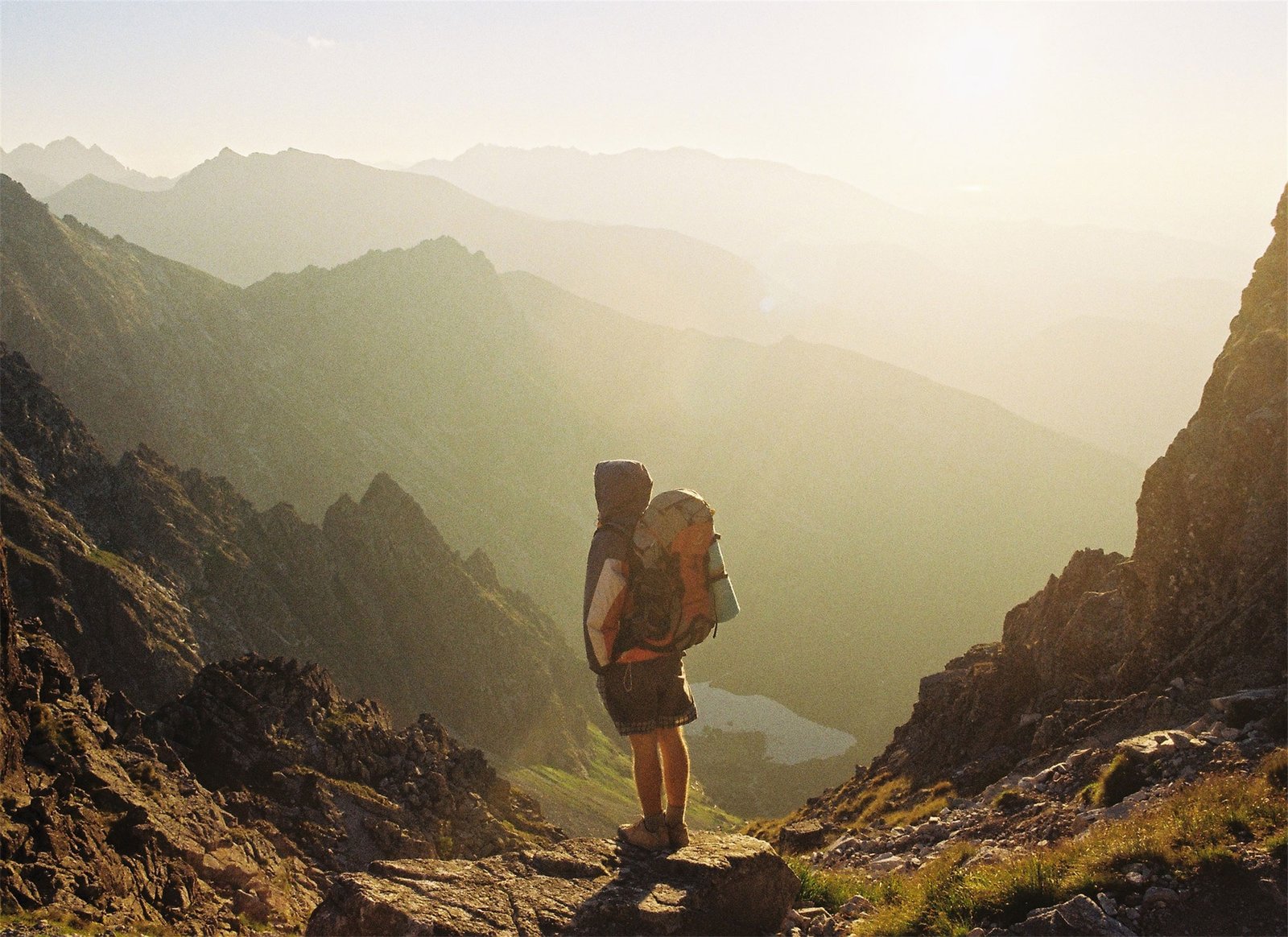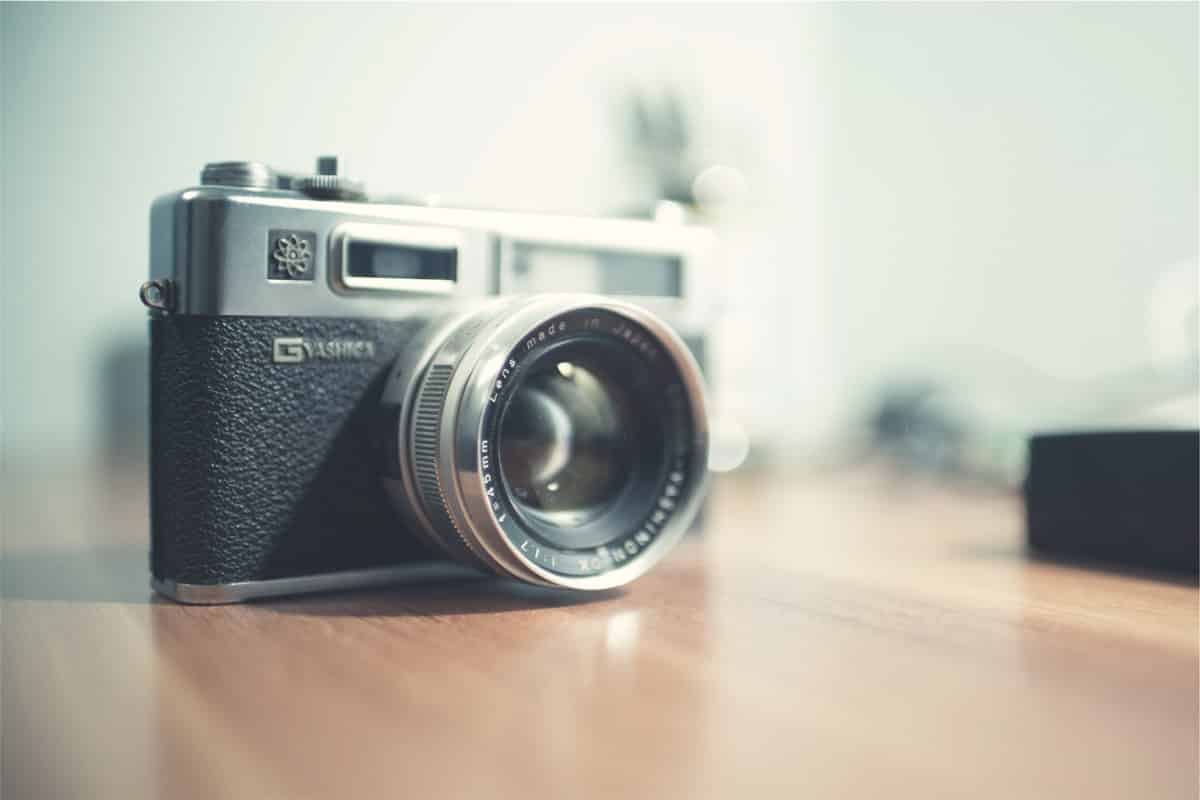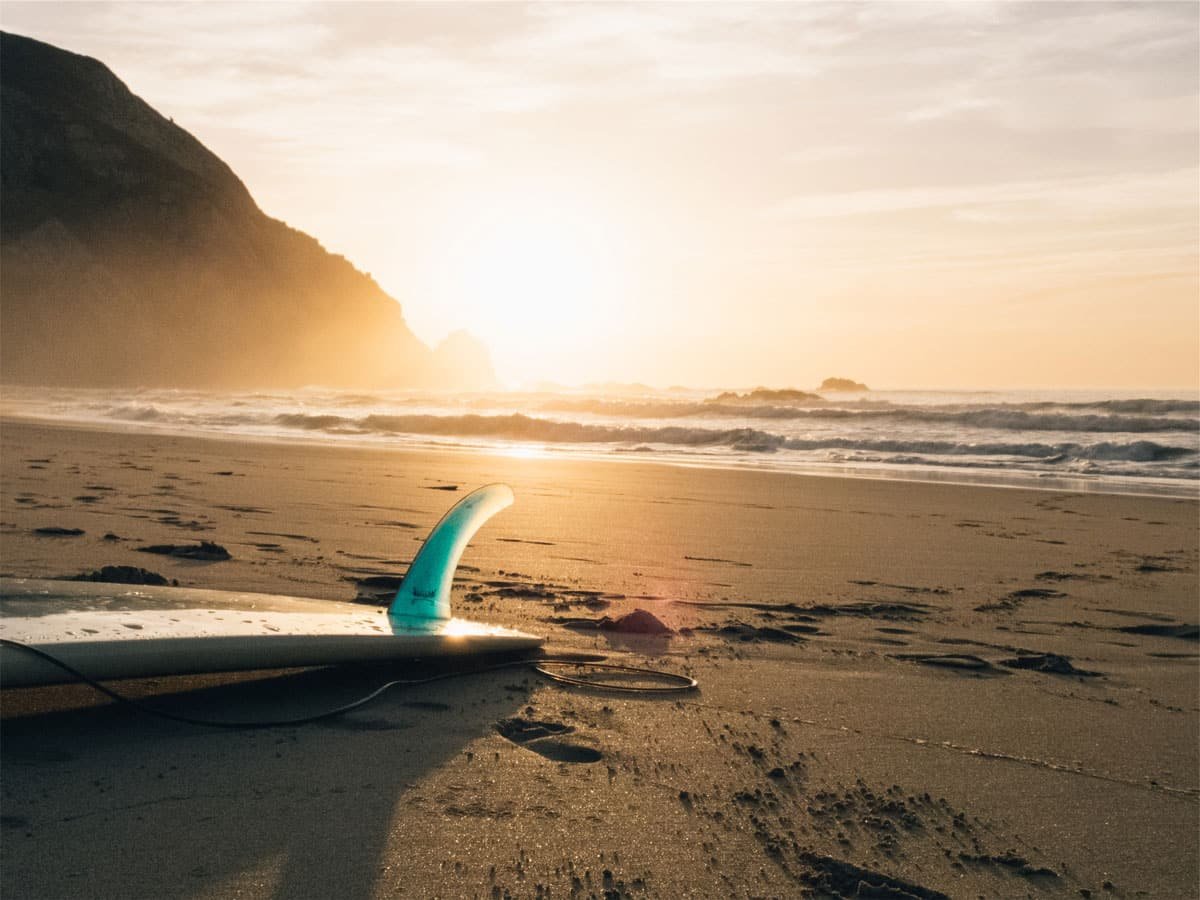Urban fishing offers a unique opportunity for city dwellers to connect with nature and experience the thrill of reeling in a prized catch amidst the hustle and bustle of urban life. As a beginner, you must understand the basics of urban fishing, including etiquette rules, popular fishing locations, and local regulations. From tranquil lakes in metropolitan parks to river banks and stocked lakes, there are numerous urban fishing spots to explore. With the right gear, strategies, and safety tips, beginners can set themselves up for success. Explore the world of urban fishing and discover the secrets to landing a memorable catch.
Key Takeaways
- Familiarize yourself with local regulations and obtain necessary licenses and permits to avoid fines or penalties.
- Choose urban fishing locations wisely, such as tranquil lakes, river banks, or stocked ponds, to increase chances of a successful catch.
- Invest in essential gear, including a variety of hooks, lures, and fishing line, to adapt to different urban fishing habitats and species.
- Practice catch-and-release policies to contribute to conservation efforts and maintain ecological balance in urban waters.
- Engage with the urban fishing community to learn from experienced anglers, gain valuable insights, and stay updated on local fishing rules and best practices.
Urban Fishing Basics Explained
Urban fishing, a convenient and accessible form of angling, has been gaining popularity among enthusiasts, offering a unique opportunity to connect with nature amidst the hustle and bustle of city life. As urban fishing communities continue to grow, a strong sense of camaraderie and respect among anglers is crucial. This includes adhering to fishing etiquette rules, such as respecting other anglers' space, being mindful of noise levels, and keeping the environment clean. By embracing these principles, urban fishing communities can thrive, fostering a sense of belonging and promoting a positive image of the sport. By doing so, urban fishing can continue to flourish, providing a unique opportunity for city dwellers to connect with nature.
Popular Urban Fishing Locations
From tranquil lakes in metropolitan parks to bustling riverbanks, a diverse range of urban fishing spots awaits discovery, each with its unique charm and fishing opportunities. Urban legends often surround these hidden gems, but with the right knowledge and tools, you can uncover the best spots. Utilize fishing apps like Fishidy or Navionics to find nearby fishing locations and get real-time fishing reports. Some popular urban fishing locations include:
- Stocked lakes in city parks, such as New York City's Central Park
- River banks, like the Los Angeles River, offering a unique urban fishing experience
- Urban fishing ponds, stocked with trout, catfish, and sunfish, providing a serene fishing atmosphere
Understanding Urban Fishing Rules
While exploring urban fishing spots can be an exhilarating experience, it's equally important to understand the rules and regulations that govern these areas to guarantee a successful and lawful fishing trip. Familiarizing yourself with local regulations is vital to avoid fines or penalties. Urban fishing etiquette is essential, as it promotes a positive image of anglers and helps maintain a healthy fishing environment. Engaging with the fishing community can provide valuable insights into local fishing rules and best practices. By doing so, you can secure a respectful and enjoyable experience for yourself and others. Remember, responsible angling practices and adherence to regulations are key to preserving urban fishing opportunities for future generations.
Stocked Lakes and Ponds
Many urban anglers have come to appreciate the convenience and abundance of stocked lakes and ponds, which provide a unique opportunity to reel in a variety of species. These artificial fish habitats offer a controlled environment, allowing for a consistent supply of fish and a chance to catch species that might not thrive in natural environments.
- Stocked lakes and ponds often feature diverse fish habitats, including submerged structures, aquatic vegetation, and varying water depths, which support a wide range of fish species.
- Pond ecosystems can be manipulated to favor specific species, such as trout or catfish, allowing anglers to target their preferred catch.
- Regular stocking guarantees a steady supply of fish, making these urban fishing spots ideal for beginners and experienced anglers alike.
River Banks and Lake Shores
River banks and lake shores offer a unique urban fishing experience, providing access to a diverse range of fish species and often featuring structural elements like rocky outcroppings, weed beds, and drop-offs that attract fish. When fishing along river banks and lake shores, bear in mind water clarity, as clear water can make it easier to spot fish, while murky water may require adjusting your fishing strategy. Additionally, be mindful of shoreline erosion, which can affect the structural integrity of the bank and impact fish habitats. By understanding these factors, you can adapt your fishing techniques to increase your chances of catching fish in these urban fishing hotspots.
Urban Fishing Licensing Guide
Compliance with licensing requirements is a critical aspect of responsible urban fishing, as it not only guarantees the sustainability of fish populations but also helps maintain the integrity of urban ecosystems. Obtaining a fishing license is a straightforward process, and verify that you understand the specific regulations in your area.
- Check with your local fish and wildlife department for licensing requirements, as they vary by state and region.
- Make certain you have the necessary fishing permits and stamps for the specific species you're targeting.
- Remember to renew your license periodically, as license renewal dates vary by state, to avoid any interruptions to your urban fishing adventures.
Catch-and-Release Policies
Catch-and-release policies, a conservation effort implemented in various urban fishing spots, aim to preserve fish populations and maintain ecological balance. These policies are vital in urban fishing, as they help mitigate the environmental impact of overfishing. By releasing caught fish back into the water, anglers contribute to conservation efforts, ensuring the long-term sustainability of fish populations. This approach also reduces the risk of depleting fish stocks, which is essential for maintaining a healthy ecosystem. By adopting catch-and-release policies, urban fishing spots can maintain a delicate balance between recreation and conservation, ultimately benefiting both the environment and the angling community.
Essential Urban Fishing Gear
When venturing into urban fishing, it's essential to assemble a well-stocked tackle box with essential gear that can help increase the chances of reeling in a memorable catch. A well-organized gear storage system is necessary to keep your tackle box tidy and easily accessible. Consider investing in a fishing backpack, which provides ample storage space for your gear and keeps your hands free to focus on fishing.
Some essential gear to include in your tackle box are:
- A variety of hooks in different sizes and types
- Lures such as spinners, spoons, and plastic worms
- Fishing line and leader material in various strengths and lengths
Urban Fishing Strategies
Employing effective urban fishing strategies can substantially increase the likelihood of landing a prized catch in these often-overlooked fishing hotspots. By adopting the right fishing techniques, anglers can capitalize on the unique characteristics of urban waters. For instance, Night Fishing can be particularly productive in urban areas, as the cover of darkness can make fish more active and less wary. Additionally, using the right tackle and lures can help urban anglers adapt to the specific habitats and species found in urban waters. By combining these strategies with a solid understanding of urban fishing regulations and essential gear, beginners can set themselves up for success in this exciting and accessible form of fishing.
Safety Tips for Urban Anglers
An angler's safety is paramount in urban fishing, where proximity to people, traffic, and infrastructure increases the risk of accidents and injuries. Prioritizing safety is crucial while enjoying the thrill of urban fishing.
Safety tips to keep in mind:
- Practice good fishing etiquette by respecting other anglers, pedestrians, and cyclists, and be mindful of your surroundings to avoid accidents.
- Take nighttime precautions by wearing reflective gear, carrying a flashlight, and being aware of your surroundings in low-light conditions.
- Be prepared for emergencies by carrying a first-aid kit, knowing basic first aid, and having a plan for emergency situations.
Urban Fishing Resources Guide
Six in-depth online resources are available to help urban anglers navigate the complexities of urban fishing, from identifying species to finding the best fishing spots. Fishing apps like Fishidy and Navionics provide detailed lake maps and fishing hotspots. Online forums, such as Reddit's r/Fishing, offer a platform for anglers to share tips and advice. Conservation efforts, like the Recreational Boating and Fishing Foundation, promote sustainable fishing practices and provide resources for beginners. Local initiatives, such as urban fishing programs, offer workshops and guided fishing trips. Additionally, online communities, like Fishing Buddy, connect anglers and facilitate fishing trips. These resources are invaluable for urban anglers looking to improve their skills and stay informed about local fishing regulations.
Frequently Asked Questions
Can I Fish at Night in Urban Fishing Spots?
When considering nighttime fishing in urban spots, research local regulations regarding nighttime fishing hours and urban lighting restrictions, ensuring a safe and legal angling experience under the city lights.
Are There Fish Species That Are More Common in Urban Fishing?
While it's true that urban waters can be unpredictable, certain fish species thrive in these environments. Species like catfish, sunfish, and trout are commonly found in urban waters, adapting to fish habitats such as stocked lakes, ponds, and river banks.
Can I Use Live Bait in Urban Fishing Spots?
When using live bait in urban fishing spots, check local bait regulations to guarantee compliance, as some areas may restrict or prohibit certain types of live bait; also, consider hook types, such as barbless or micro-barbed hooks, to minimize harm to fish and the environment.
How Do I Store Caught Fish in Urban Fishing?
As the saying goes, "a fish out of water" can quickly become a fish out of freshness if not stored properly. Use a fish cooler with ice packs to keep your catch fresh, and follow storage tips like cleaning and gutting immediately to preserve quality.
Are There Urban Fishing Spots With Wheelchair Accessibility?
Many urban fishing spots offer wheelchair accessibility features, including accessible piers with ramp entrances, ensuring equal opportunities for anglers with disabilities to enjoy the sport.
Conclusion
In summary, urban fishing offers an accessible and enjoyable experience for anglers of all skill levels. As the adage goes, 'teach a man to fish and you feed him for a lifetime.' By understanding local regulations, selecting suitable locations, and employing effective strategies, urban anglers can reap the rewards of this engaging pastime. With the right approach, urban fishing can become a lifelong passion, providing a sense of accomplishment and connection with nature.









